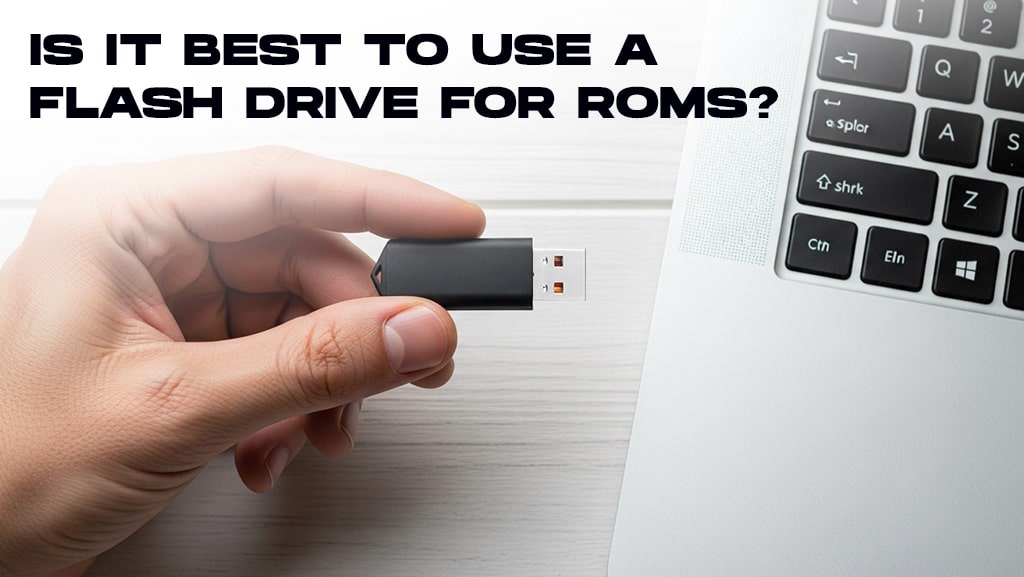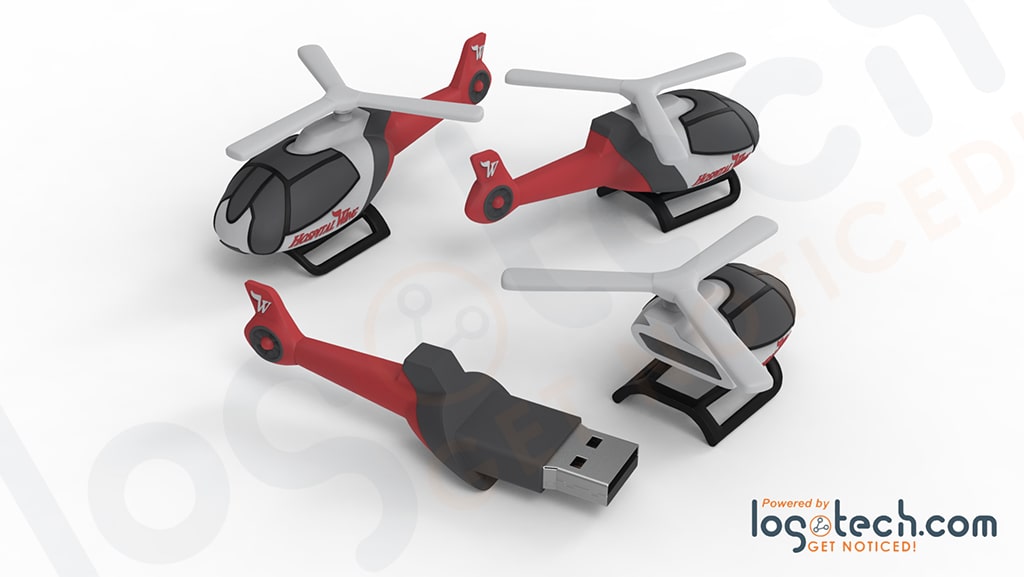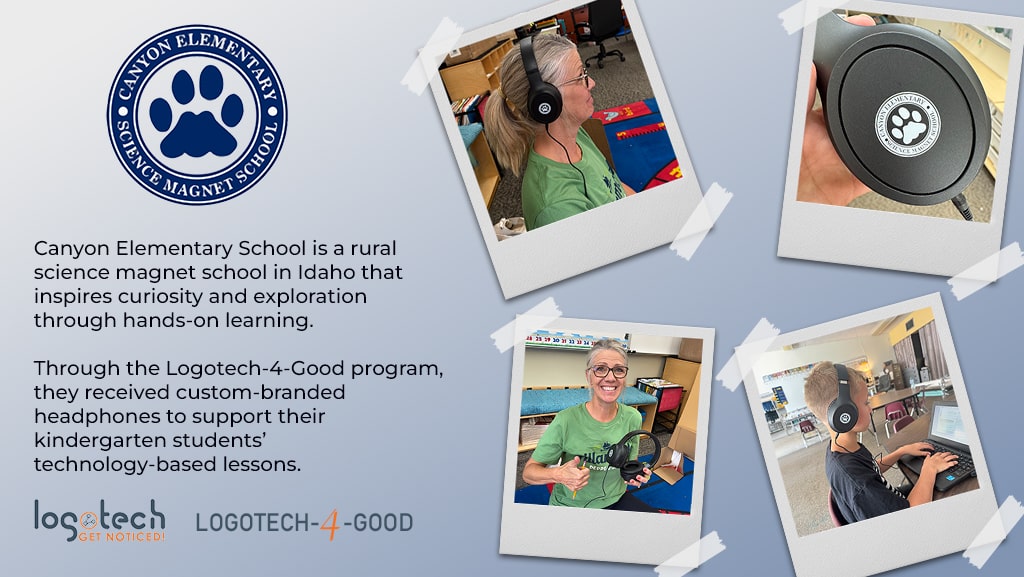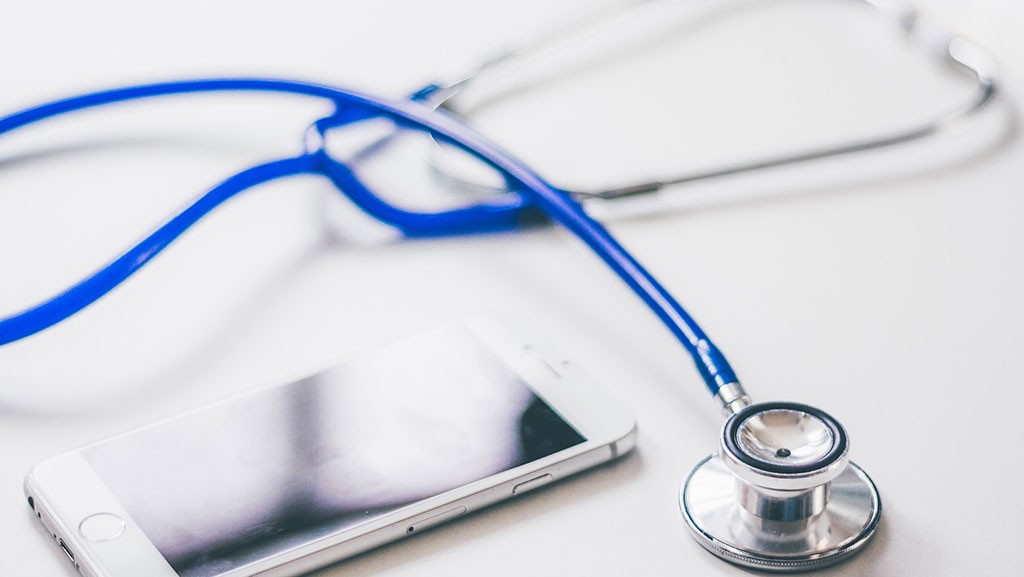
Should you Bring Your USB Drive to your Next Doctor's Appointment?
Let's be straight -- we live in an uncertain world. It's enough to turn on the TV or browse the Internet for just 20 minutes to see what I mean. But before you stop reading, I want to make clear that my point here is far from going into detail about the various ways in which one can get afflicted and leave you morose for a week (in the least). Rather, I mean to argue for a little safety and precaution, especially when they don't set you back financially or interfere with your daily routine and comfort too much.
Such is the case with flash drives for medical records.
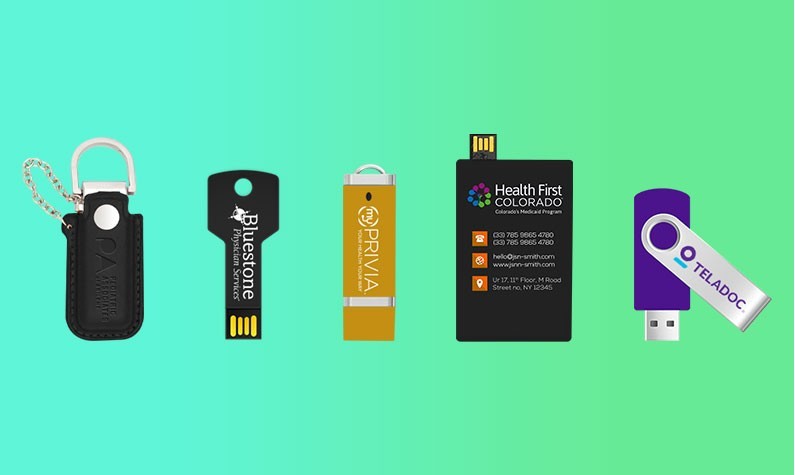
Medical Records
Do you remember that one Seinfeld episode where Elaine was labeled a difficult patient on her permanent medical record? She tried to sneak into the doctor's office to erase that part, but she was caught and got herself into even bigger trouble. After that, even an upstate doctor in the middle of nowhere, with more ducks and geese for patients than people, wouldn't have her for a check-up. The truth of the matter, though, is that this story is not plausible in many ways. For starters, there is no such thing as a permanent medical record. You do have a profile with your general practitioner where all sorts of medical records, X-rays, etc. are kept but that is for anywhere between 5 and 10 years (naturally, it varies by state), after which they are under no legal obligation to either keep them, or notify you of the expiration period. In addition, there is no vast database that holds information about every single doctor visit or lab test you have done in the past (contrary to what you might have expected with recent NSA scandals).
Paper No More
That is why you would do wise to take the matter in your own hands and start bringing a personalized flash drive (one which you only use for medical purposes) to all your check-ups and tests, even if you always go to the same institution. You will certainly cringe when you find out that although we live in an all-digital era, medical institutions have been somewhat slow to respond and most of them still keep your records in a yellowing folder with no backup copy. That makes your sensitive medical information vulnerable to theft, loss or damage by flood and fire. Ask your doctor for copies of all documents that will go into your medical records. If they can't upload them straight on your medical USB drive, ask them for a paper copy that you can later scan and upload on the drive. Some institutions will charge you a small fee per page, but you can bypass this by asking your doctor to request a copy they get them for free.
Another thing that Elaine probably didn't know is that under the Health Insurance Portability and Accountability ACT (HIPAA) of 1996, you have a legal right to obtain copies of, and make corrections to, your medical record should you believe there is something wrong with it.
Data Security on Medical USB Drives
Of course, it would be naive to expect that simply digitalizing your medical records will make them safe. You need to take a few extra steps to ensure your information's privacy. The Internet is not becoming a safer place anytime soon, so I would definitely cross cloud storage off the list. Medical USB drives remain your safest bet for a number of reasons. They are sturdier than hard drives and CDs and definitely beat both in terms of portability. Plus, USB flash drives work on computers in virtually all parts of the world. To make it harder to lose them, you can wear them as a medical ID bracelet, with the most important information engraved on the casing. Finally, it's really important to encrypt your USB drive to protect your data from malicious software. Just make sure you have a piece of paper or perhaps a second non-encrypted USB that has the phone numbers of at least two family members or friends who know your password in case of an emergency.
Like I said, storing your medical data on a USB drive won't disrupt your life in any way, but it can potentially spare you a lot of trouble. I certainly hope you never get to use it for anything other than backing up files, but it's always better to stay on the safe side.
Promotional flash drives, given to your patients to store their records, would be a nice bit of marketing for any health care practice. Contact Logotech now and talk to an account manager about how you can use these to promote your office.






